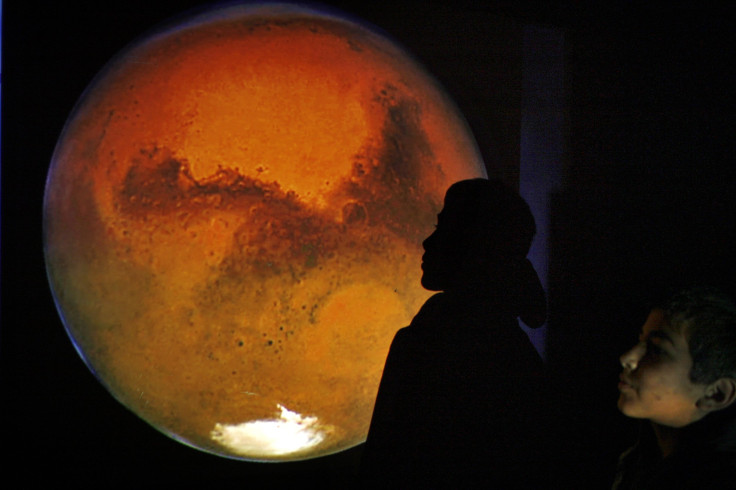Aboriginal Australian tobacco plant gene can help establish colonies on Mars

University of Queensland researchers claims to have cracked the genetic code of the Australian tobacco plant that they think could help sustain future colonies on Mars.
The plant, known as Pitjuri, is found in the harsh desert of the northern territory. The water-scarce area is least contaminated by pathogens and viruses. The researchers say that the plant's faulty gene that they have identified affects the immune system of the plant and results in oversized seeds and rapid reproduction.
"You'd think it wouldn't be a good thing to have lost your immune system and yet the plant has survived for this length of time and we wondered why," said lead researcher and plant geneticist Professor Peter Waterhouse, in an interview with the Brisbane Times.
"We found that for the plant to live in this really harsh area, it has to germinate quickly, grow quickly and set its seed so as soon as there's a bit of rainfall it goes through its life cycle as fast as it can.”
Waterhouse says that this sought of adaptation is more beneficial to the plant than protecting itself against the pathogens that doesn't even exist. The plant geneticist further says that the environment in which the plant survives is as hostile and disease-free as space might be.
The next step for the researchers would be to replicate the identified faulty gene in other plants that result in rapid multiplication and oversized seeds, reports ABC News. The research team believes that the whole idea of gene replication holds thousands of experimental possibilities.
Pitjuri has been around in Australia for almost 750,000 years. A number of research have been conducted on the plant in last 30 years. The plant has also been used to grow Ebola antibodies to treat two African patients earlier this year.
Complete details of the study findings have been published in the journal Nature.
Contact the writer at feedback@ibtimes.com.au, or let us know what you think below.





















